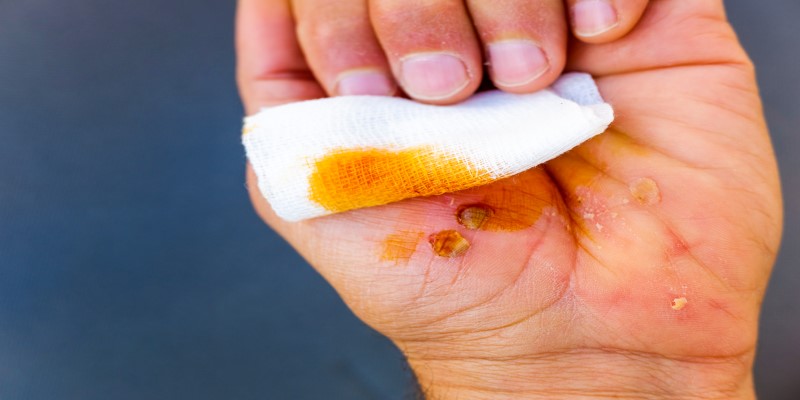Post-Root Canal Care: Essential Tips for Optimal Tooth Recovery
Feb 01, 2024 By Nancy Miller
Your endodontist will send you home with post-op instructions that include pain medication to take and specific care instructions for your tooth while it heals and until your next appointment. You must follow the care instructions given by the root canal specialist if you have a temporary filling or crown.
You could have some jaw pain from holding your jaw open for so long during the surgery and some localized discomfort as the anesthetic wears off. The region will recover in a few days. There are over-the-counter medications that work well for these brief symptoms, but root canal specialist may also prescribe stronger narcotic medicine. Because medications might make you sleepy, you should not drive or operate heavy equipment while under the influence. Always read and carefully follow the directions on your medicine label.
Post-operative Care
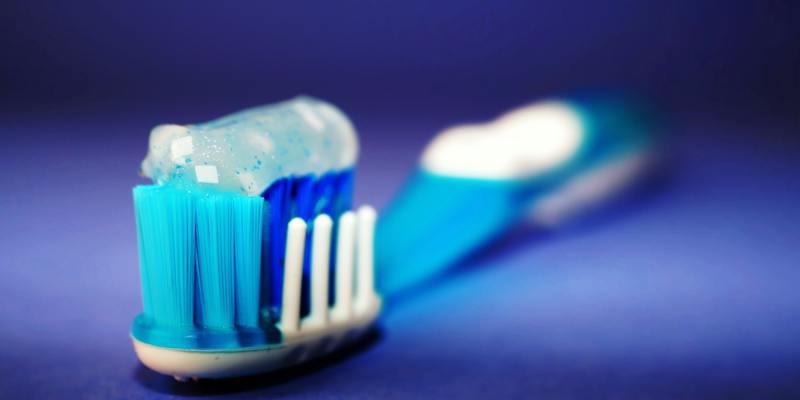
Patients may continue to care for their teeth as normal after getting a permanent filling or crown for a tooth with a tooth root canal procedure. Every day, people should floss and clean their teeth, and they may eat anything they want. However, until that time comes, patients need to adhere to certain protocols. Following these steps, keep the temporary crown or filling and treated tooth safe.
Lightly Brush and Floss Teeth
After a root canal, you must carefully keep the region clean. But if you brush too hard, you risk damaging the treated area and losing your temporary filling or crown. After brushing the tooth carefully with a soft-bristled brush, floss it. The floss should not be forced between the teeth. See a root canal specialist if it becomes stuck or won't glide freely between your teeth. The filling may have to be altered to make room for dental floss.
Soft Snacks
Patients are advised to refrain from eating items that are hard or crunchy while they have a temporary filling or crown. The nerves might be exposed if these meals were to dislodge the temporary filling or crown. It is best to avoid hard meals for a short period after a root canal. Nourishment is provided by foods like soup that won't aggravate the treated tooth.
You shouldn't apply any pressure on a tooth with a root canal. Patients should chew on the other side of their mouth while waiting for a permanent crown or filling to be installed. Additionally, mouthguards should be used by those who grind their teeth. Even after getting a permanent crown or filling, they must wear mouthguards. Wearing a mouthguard lessens the force teeth and dental restorations experience during grinding.
Management of Pain
It should be noted that some soreness is also expected right after a tooth root canal treatment and during the post-op root canal recovery. The affected part will likely be sensitive, and you might feel some pain for a few days, but it should subside on its own. The dentist may prescribe a particular medication that will help relieve discomfort following the dental procedure. A cold compress and an ice pack can help provide additional relief from the swelling and pain in the area.
Keep Your Head High
One of the most common side effects usually experienced after surgery includes pain and swelling in the area around the mouth. Keep your head lifted in the first couple of root canal recovery nights, which helps sort out the swelling. You can reduce some discomfort if you prop your head on another pillow.
Warm, Salted Water for Gargling
As a good practice, oral hygiene measures, the prevention of infections around the infected tooth, and gargling with warm water mixed with salt may also be very effective. The recommended salt-to-water ratio is approximately 1/2 teaspoon for each cup of lukewarm (not boiling) water.
Cold Compressions and Ice Cream
It is possible to reduce post-root-canal edema with ice cream and cold compresses. Avoid ice cream on the afflicted tooth as it might make it more sensitive. To reduce edema after the treatment, use a cold compress for fifteen minutes multiple times daily.
Keep Clear of Inflammatory Factors
You can lessen the swelling that results from your surgery. Avoiding smoking, hot beverages, using straws, and also alcohol during the healing process is indeed advisable. Inflammation may be aggravated by any one of those things also. Not only should you avoid consuming anything that can go in between your teeth until the gums have been healed and reinfection is no longer a threat, but also.
Get Some Rest
Jogging, hiking, or even playing sports is not recommended for two days after a root canal procedure as these involve intense physical work. Relax, and do not force yourself while healing.
When To See A Root Canal Specialist

Proper post-root-canal care is critical to the procedure's success, but it may be intimidating to figure out what to do if you aren't familiar with the process. To ensure a smooth recovery and reap the advantages of excellent dental health once again, it is important to remember these easy guidelines. You should call your endodontist promptly if you encounter any of the following symptoms, even if your treated tooth may feel somewhat different from your other teeth for a while:
- Severe discomfort or pressure that continues for longer than a week
- Soreness within or outside of the mouth that may be seen
- Rash, hives, or itching as a result of a medicine allergy
- You think your bite isn't quite right.
- If a temporary crown or filling is placed, it falls out (it's usual to lose a little layer).
- Your pre-treatment symptoms have reappeared.
After a root canal procedure, you must take special care of your tooth. After the surgery, you need to be extra careful. Before the permanent crown is put in, you will have a temporary filling that you must keep in place. Until then, you must be very cautious while handling your teeth.
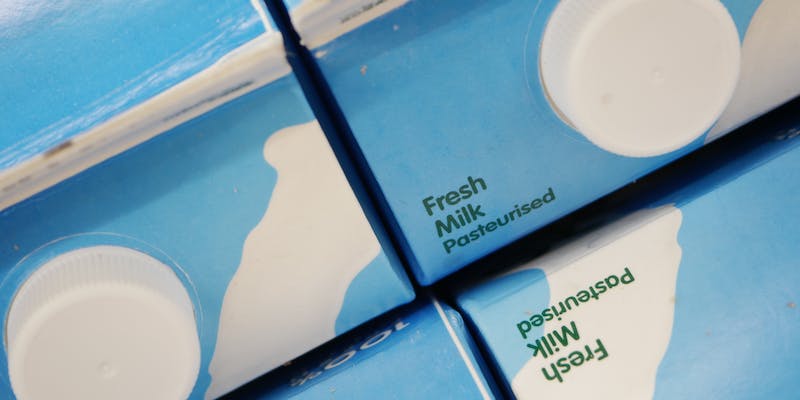
Pasteurization Debate: Assessing Nutrient Loss in Processed Foods
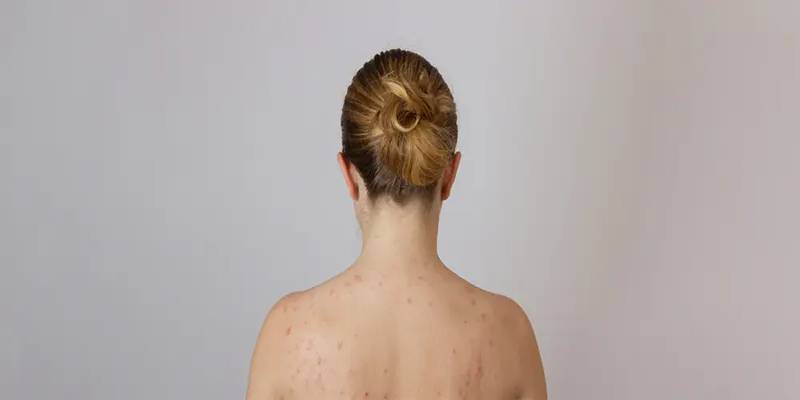
Understanding Shoulder Acne: Why It Happens and How to Treat It
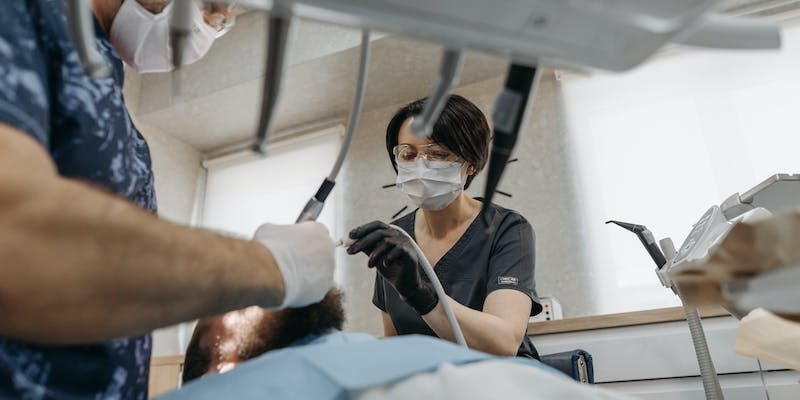
Post-Root Canal Care: Essential Tips for Optimal Tooth Recovery

8 Gift Ideas for Those Desperate for a Better Night’s Sleep

Understanding Vitamin K for Optimal Health
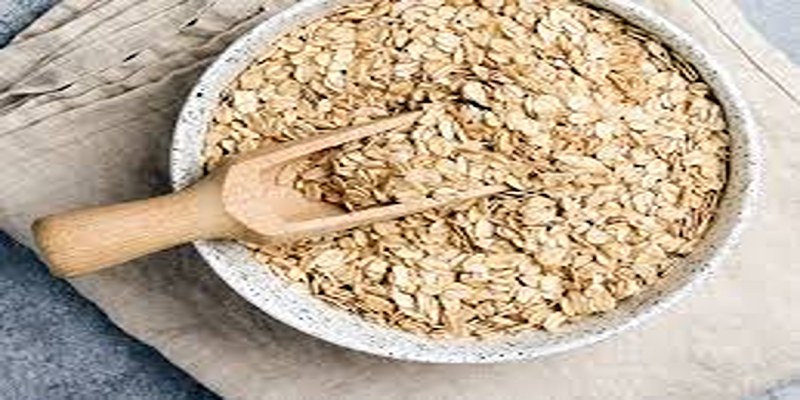
Exploring the Health Benefits of Oatmeal: A Nutrient-Rich Breakfast Choice
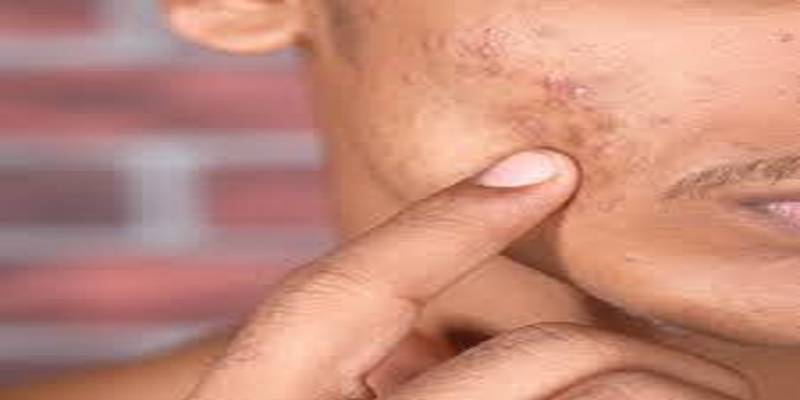
Top 15 Dermatologist-Recommended Products for Acne Scars
